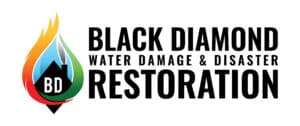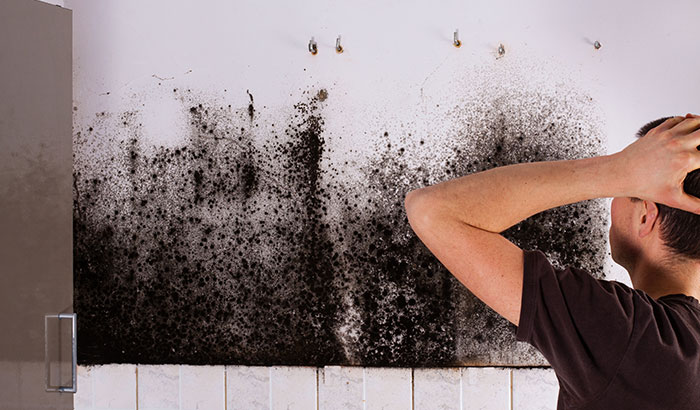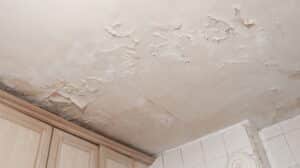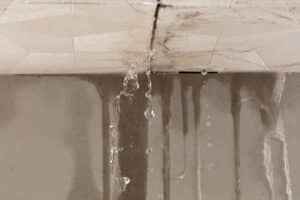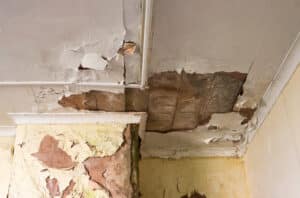As you know, mold effects can take a serious toll on your health. Here are 3 myths and 3 facts about mold’s effects on your health.
Fact
Mold can trigger allergic reactions in many people. While not everyone is allergic to mold spores, it is a common allergy. People who have asthma and a mold allergy can have an asthma attack when they come in contact with mold. Symptoms generally show in the respiratory system. Cold symptoms and irritation are common.
Myth
“Black mold” and “toxic mold” are very dangerous. Most molds that people call black are actually a dark green or mildew. Rarely is the Stachybotrys mold associated with severe health effects. Also, “toxic mold” is a name made up by dramatic news stories. Only specific types of mold are toxic, and they only release toxic spores at specific times. It is unlikely that someone sitting in their home or office could breathe in enough toxic spores to get a toxic dose.
Fact
Removing mold can be dangerous. If you do have mold, the risk is highest when you are trying to remove the mold before you or your family experiences mold effects. You should always consult with a mold remediation professional about the extent of the mold problem in your home. They will be able to determine the type of mold and what it will take to kill and remove it. Also, mold can damage your belongings, so it is best to have someone come and remove all of it so that you do not have a recurring problem.
Myth
Black mold is the most dangerous because it releases mycotoxins. All molds are capable of releasing mycotoxins. However, just because you have mold, does not mean that it is releasing mycotoxins. Most cases of mycotoxicosis (mold poisoning) come from eating moldy food, not from touching or inhaling it.
Fact
Long-term exposure to molds and damp indoor spaces can negatively affect everyone. However, infants and children, older adults, people with allergies or asthma, and people with weakened immune systems are at a higher risk of developing respiratory problems or a fungal infection. Infants and children are more likely to develop asthma by the age of 7 if they have prolonged mold exposure.
Myth
Mold exposure can cause other health problems like memory loss. Some people have been concerned about possible non-respiratory symptoms from mold exposure. Symptoms like aches and pains, changes in mood, headaches, memory loss, and nosebleeds have been indicated. However, there is no proof to date that these symptoms are linked to mold exposure. Mold’s effects have been linked mostly to respiratory symptoms.
Black Diamond Water Damage & Disaster Restoration Can Help
Do you suspect that you have mold in your home? Does your home smell musty, or do you see spots and discoloration? Do you live in northern Utah, from Salt Lake City down to Draper? Don’t let mold effects get to you. Consult with Black Diamond Water Damage & Disaster Restoration as your local mold experts. Contact us soon, as mold causes more damage over time. We can find your mold, kill it, remove it, and prevent it from returning.
